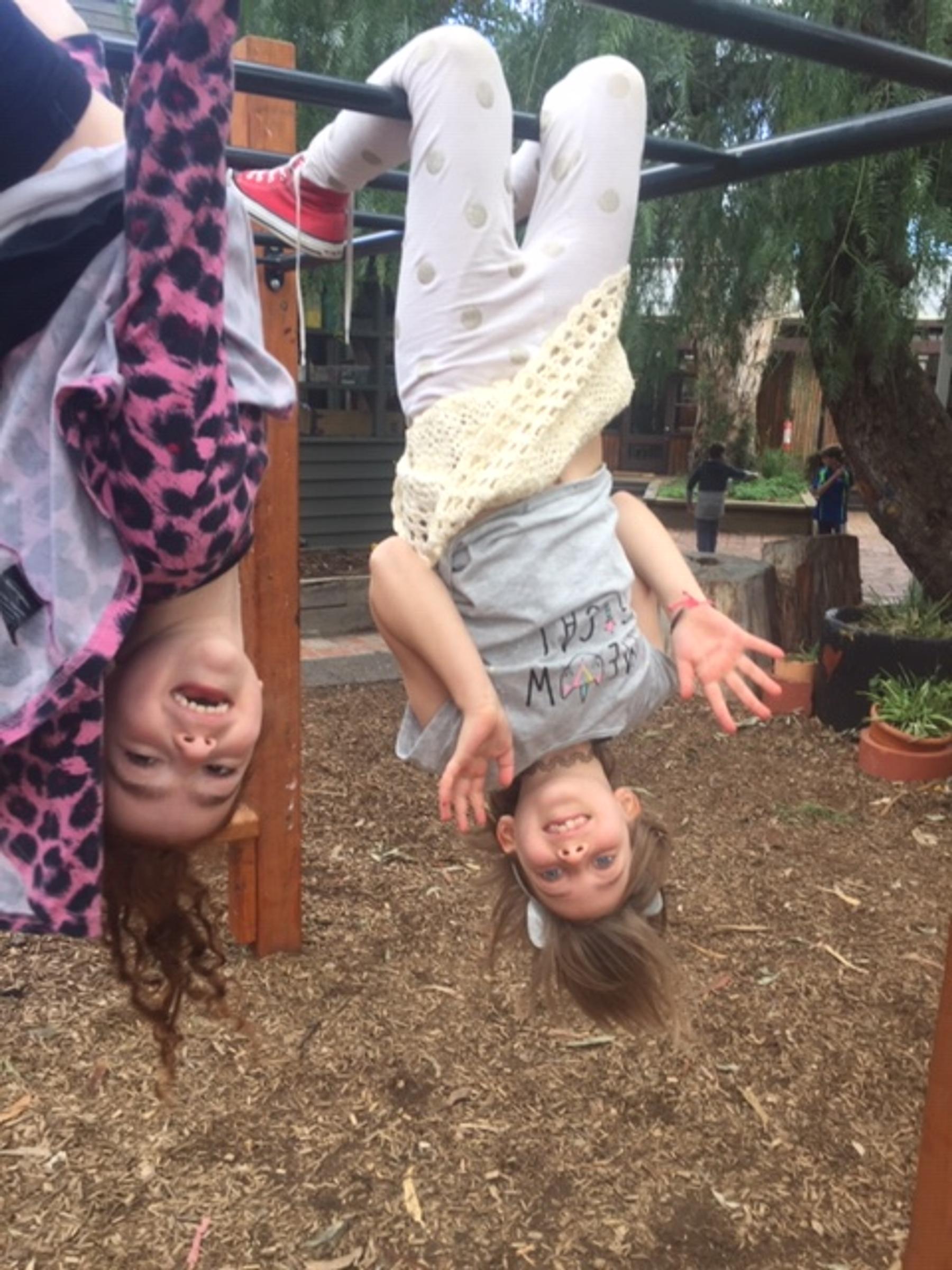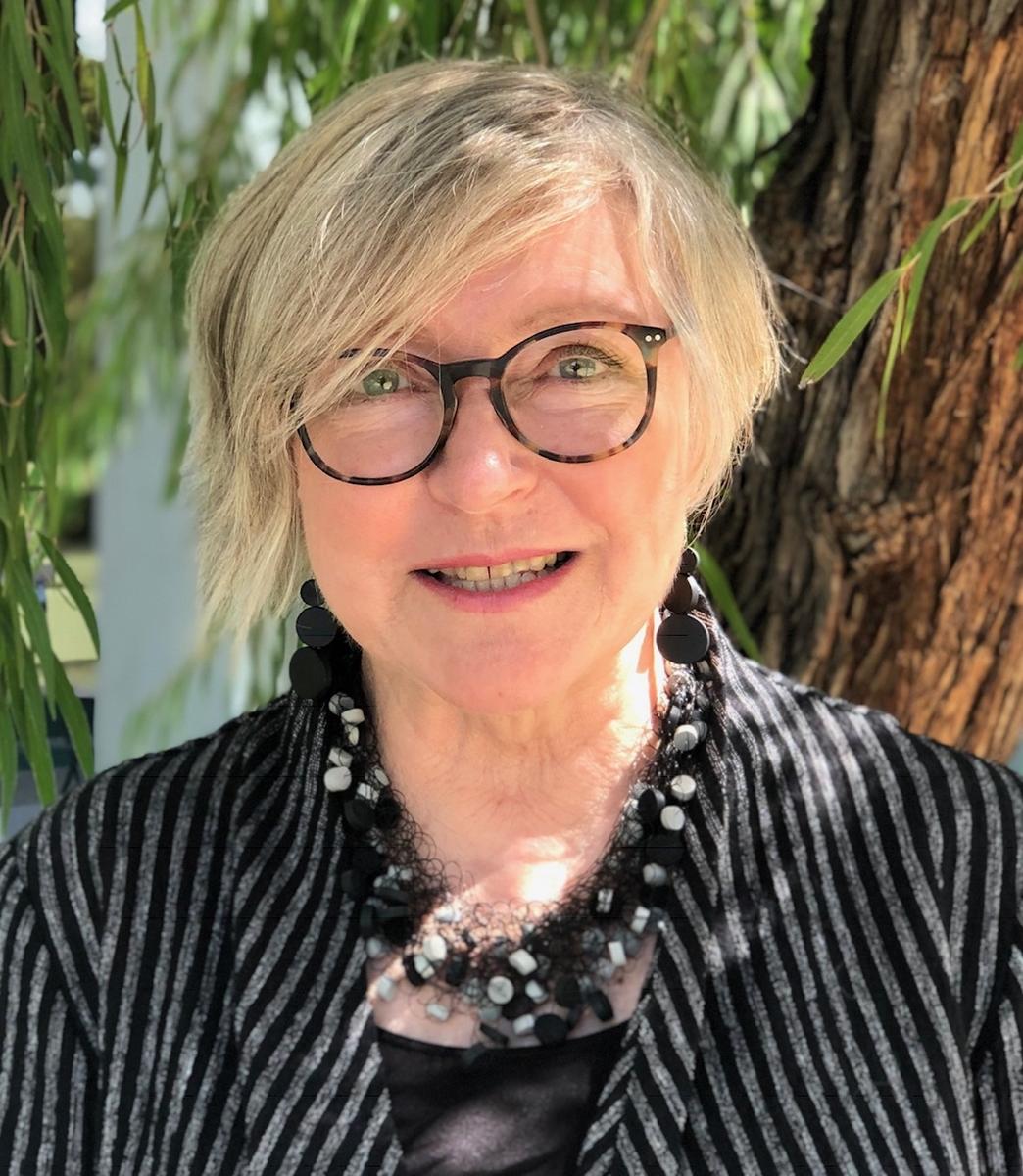From the Principal

Anxious Times
While adolescence has long been a period of increased emotional turmoil and uncertainty, recently there has been considerable chatter as well as much serious discussion regarding the perceived levels of anxiety experienced by ever younger children in our community. With some people seeking to attribute blame, others trying to understand the causes and to find genuine solutions, the conversation can seem like just more reasons for generally heightened anxiety - for children and parents alike.
At Preshil we see an increasing literacy to do with social and emotional well-being and mental health. On the one hand, this means children can articulate complex ideas and develop an understanding of their own emotional needs and concerns; however it’s hard for children not to be immersed in current social concerns in the all pervasive noise of news items, crimes and disasters. Social media is inviting an ever younger audience and children access this supposed world of connectedness often in isolation, away from adults and without their knowledge. At the same time, this increased knowledge and awareness leads to the widespread practice of informal ‘diagnoses’ and labeling; there is a persistent ‘pathologising’ of anything that falls short of community ideals; we become victims of rigid notions of what is ‘normal’.
These same age groups are lucrative markets for fashions, toys and an unending array of products that identify stereotypical images of the ideal. Body image and impossible role models confront quite young children with the unwinnable choice between what it takes to be cool and what it takes to be healthy.
Sadly, so many children are now genuinely fearful of their futures. They are frightened by grim news of the climate changing, of the misery endured by countless refugees, homelessness and violence. The adults in power are openly dismissed as irresponsible and untrustworthy.
Powerlessness and the fear of future events, of a frightening unknown, all lead to anxiety.
At Preshil there has always been a determination to build and to safeguard each child’s sense of agency. The right to question conventions and assumptions, the confidence to seek explanations and to have an impact, have always been central to the way children are seen and treated. Children have always been encouraged to come up with creative solutions, to find new responses rather than simply finding the correct answer that has served past generations.
At Arlington, every class takes the time to enable the children to discuss the issues that concern them and to articulate their ideas, bringing questions and worries into the light rather than wrestling with unnamed fears alone and in the dark. Our teachers deliberately set out to empower children through open discussions of consent, their rights and their capacities to bring about change and have an impact. At Arlington, physical activity, sport and exercise is promoted as essentials for mental health and well-being, rather than to win at all costs in sporting competitions between winners and losers.
Our children are encouraged to concentrate on the positives in their lives and to take comfort from the strong, trusting relationships they form with their teachers.
We do not expect everyone to be the same, to be perfect, or to endlessly compete with their peers. Our teachers do not constantly measure children against unrealistic expectations or focus on identifying weaknesses or see the child through that lens.
We all need to operate in the world as we find it, rather than wish it were different or hark back to simpler times. Ensuring our children know that the future is not a given, that humankind is astonishingly inventive and that they too can take part in powerful and positive movements for change, is essential equipment for all of them.
Marilyn Smith
Principal

